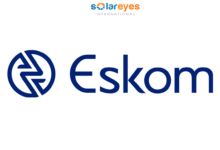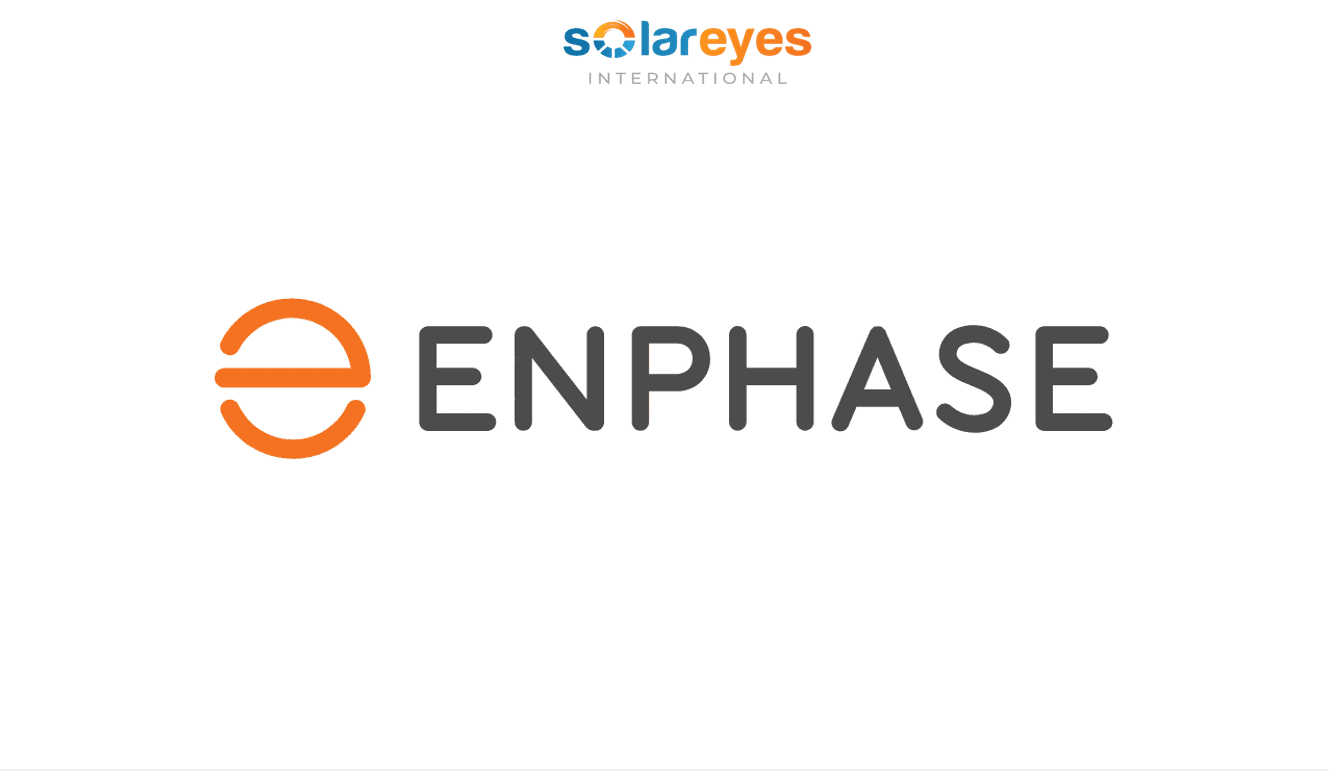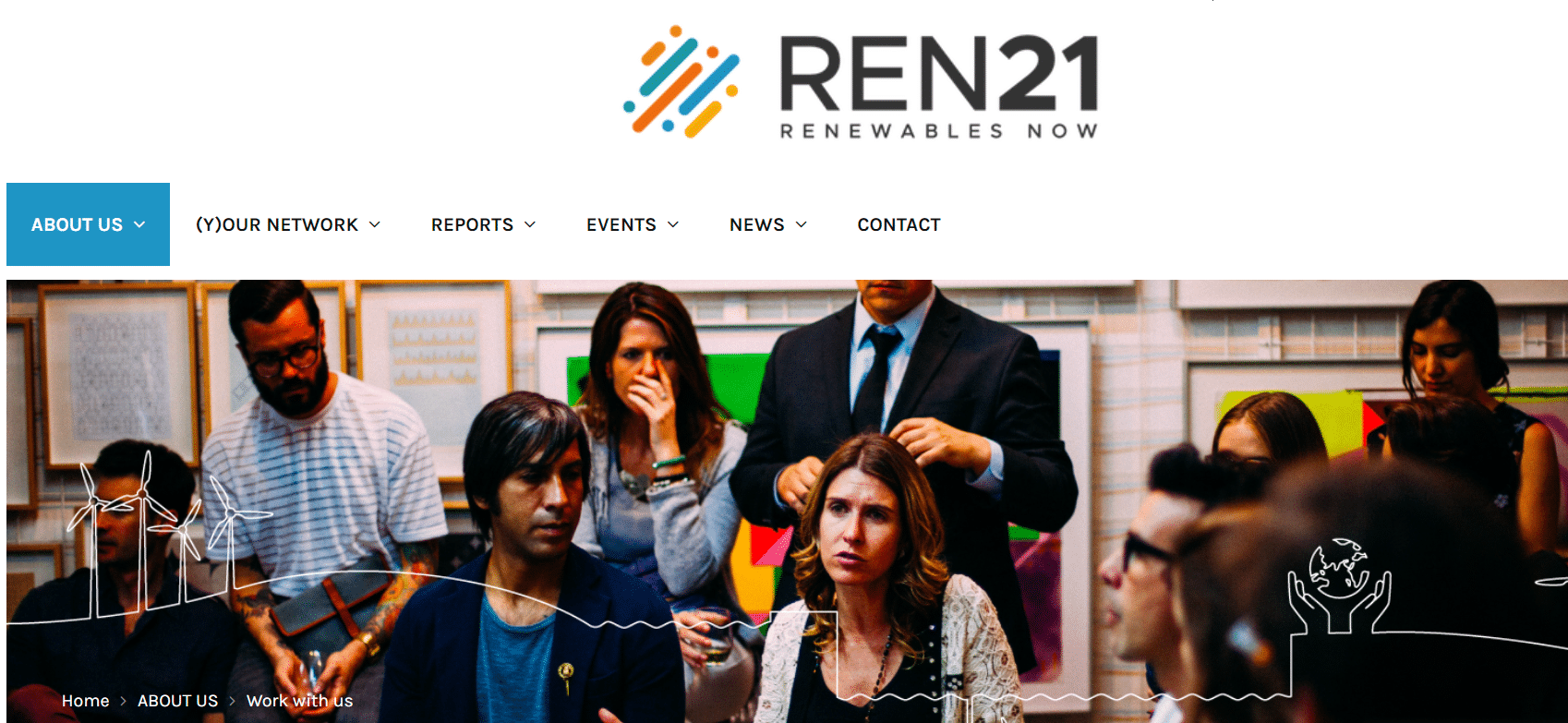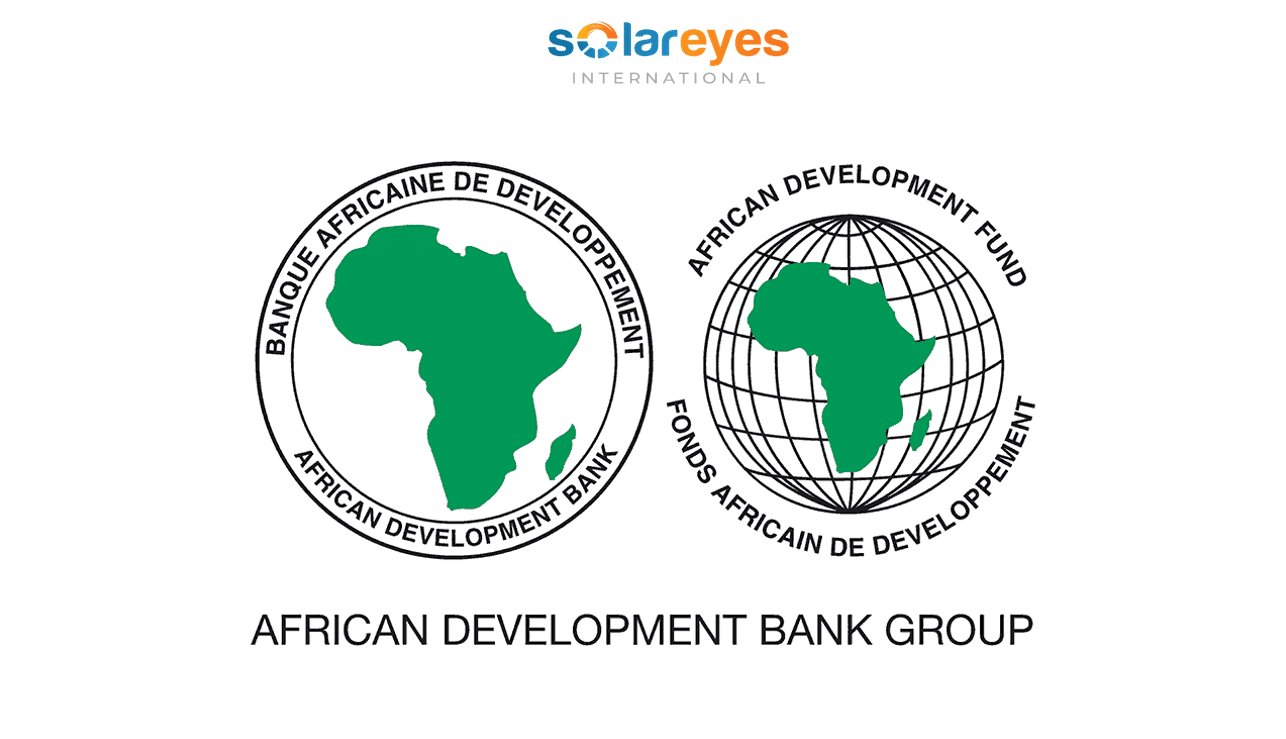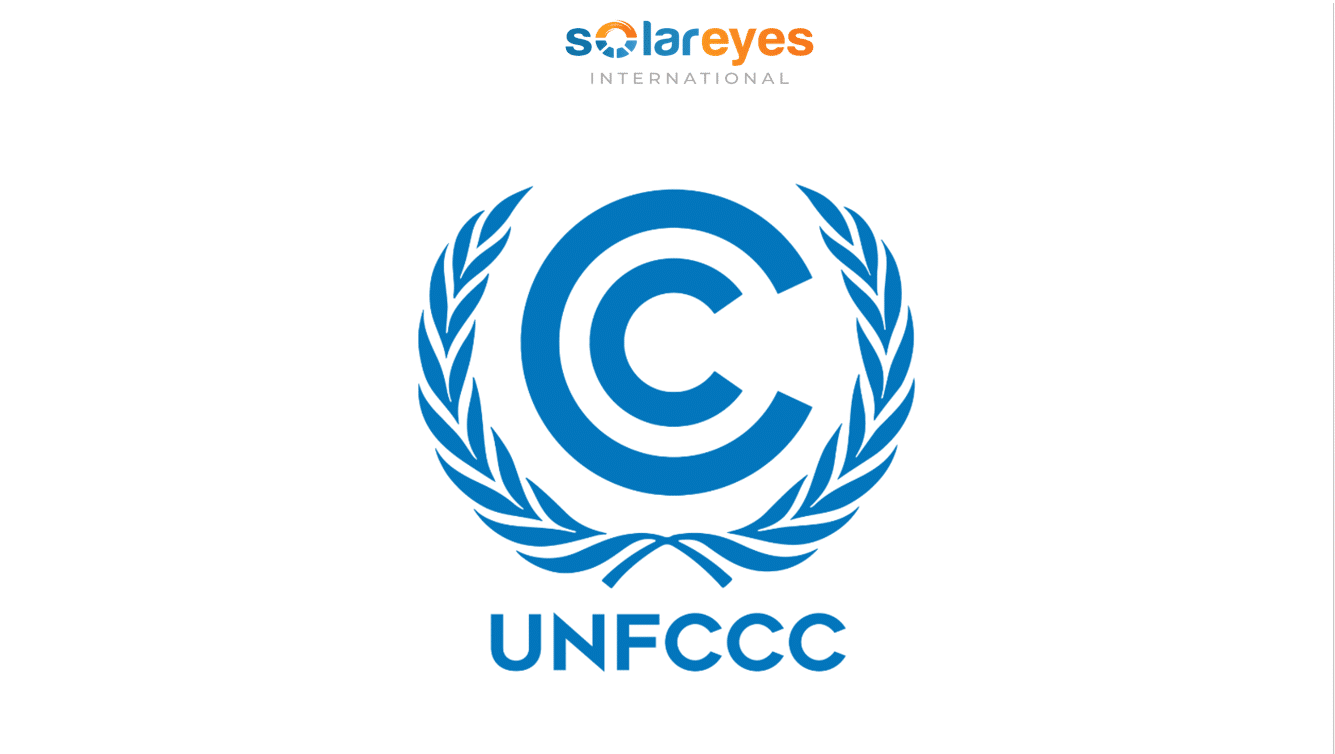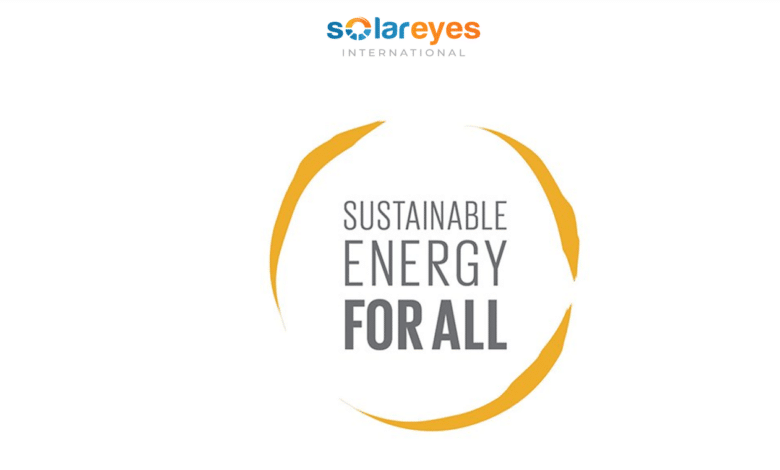
Zambia Mini-grid Initiative Coordinator – SEforALL
Closing date: 30 Nov 2023. Location: Home-based in Lusaka, Zambia
Background about SEforALL
Sustainable Energy for All (SEforALL) is an international organization working with leaders in government, the private sector and civil society to drive further, faster action toward achievement of Sustainable Development Goal 7 (SDG7), which calls for universal access to sustainable energy by 2030, and the Paris Agreement, which calls for reducing greenhouse gas emissions to limit climate warming to well below 2° Celsius (and striving for 1.5° Celsius).
Achieving these goals will require a radical rethink of the way we produce, distribute and consume energy. SEforALL is at the heart of this foundational shift to ensure no one is left behind. Drawing on data and evidence, we identify a critical path to success in achieving SDG7.
The 8th UN Secretary-General Ban Ki-moon launched the Sustainable Energy for All initiative in 2011. Now an independent organization, we maintain close links with the UN, including through a relationship agreement, partnerships with UN agencies and with SEforALL’s CEO acting as the UN Secretary-General’s Special Representative (SRSG) for Sustainable Energy for All and Co-Chair of UN-Energy. These roles include advising the UN Secretary General and his staff on issues relating to sustainable energy and the implementation of SDG7 and supporting the coordination of sustainable energy issues in the United Nations system.
The ambitions of SDG7 are extraordinary. Aiming to achieve them in the context of the Paris Agreement on climate change involves transformation at a scale never undertaken before. Swift action must be taken by leaders in governments, private sector companies, institutions, financiers, development banks, unions, communities, entrepreneurs and civil society.
x54 Solar Jobs at Schneider Electric – Different Countries and Locations – APPLY
As we enter the final decade to achieve SDG7, SEforALL has strategically chosen to strengthen global agenda-setting while expanding its activities to an engagement model that prioritizes data-driven decision-making, partnerships with high-impact countries and implementation on the ground. SEforALL’s current three-year business plan outlines “results offers” that scope out our planned interventions and demonstrate to our funding partners the impact of their support.
Context and Objective of Assignment
Sustainable Energy for All is working closely with the Government of the Republic of Zambia (GRZ), the Rockefeller Foundation and the Global Energy Alliance for People and Planet (GEAPP) to support the scaling up of Zambia’s mini-grid sector. The objective of the project is to provide a comprehensive data baseline, proof of concept and activate the market for the rollout of the 1,000 mini-grids programme, an initiative launched by H.E. President Hichilema of the Republic of Zambia.
The prioritization of the “first 100” mini-grids will thus validate the technical and financial feasibility of the mini-grids, evaluate their socio-economic impact, identify operational challenges, and inform scalable solutions that will guide the subsequent deployment of the remaining mini-grids electrifying over 1M rural Zambians.
Leveraging the various strengths of Sustainable Energy for All as an organization, the project envisions a comprehensive and iterative approach that emphasizes the critical importance of ground-truthing exercises, stakeholder activation, and implementation of the initial deployment of a subset of 100 mini-grids, as a pivotal phase within the larger rollout strategy for 1,000 mini-grids in Zambia. This underscores the project’s commitment to sustainable, inclusive, and impactful energy access, setting the stage for a successful nationwide rollout and serving as a beacon of innovative development for the region. The project is thus premised on the following objectives:
Test Technical Feasibility: The first objective of the project is to assess the technical feasibility of implementing mini-grids in various locations in Zambia. It allows for the evaluation of different technologies, grid configurations, load demand, and operational models to determine their suitability and performance in delivering reliable and sustainable electricity services to rural communities.
Assess Financial Viability to Develop Investment Plan: Through ground-truthing, we will evaluate the financial viability of mini-grids in Zambia, considering factors such as installation costs, operational expenses, energy expenditures of the target community, revenue generation, and potential of selected value chains to be (em)powered through the mini-grids. This assessment will help determine the viability of mini-grid systems and refine the financing mechanisms or business models that can sustain the larger-scale rollout. This assessment will directly inform a detailed investment plan identifying potential sources of concessional and commercial financing to realize the mini-grid rollout. This resource mobilization plan should include consideration of various financial instruments.
Evaluate Economic Impact of Incorporating Productive Uses: The 100 mini-grids implementation roadmap provides an opportunity to evaluate the impact of integrated productive uses of energy in mini-grids on rural communities.
UNIDO is Accepting Applications for x7 Positions Globally – Check and Apply
Identify Operational Challenges and Solutions: The project allows for the identification of operational challenges, such as technical issues, maintenance requirements, community engagement, and regulatory hurdles. By understanding these challenges, partners can work towards finding solutions and develop strategies to overcome barriers that may arise during the broader rollout of mini-grids.
Inform Scaling-up Strategies: The insights and lessons learned from the “first 100 Mini-grids” phase of the project will inform scaling-up strategies for the deployment of the remaining 900 mini-grids. The findings will help refine implementation plans, improve project design, optimize resource allocation, and enhance operational efficiency, ensuring the success and effectiveness of the broader mini-grid rollout in Zambia.
Stakeholder Activation and Integration: This is a comprehensive strategy that aims to mobilize resources, foster developer engagement, drive advocacy efforts, facilitate project-related events and convenings, raise technical project awareness, and facilitate holistic stakeholder engagements. It will involve forging partnerships with government agencies, international organizations, local communities, and private sector entities to secure support and drive innovative funding for project implementation.
Developer activation will be achieved through technical enlightenment and incentives to attract investment. Advocacy campaigns will target policymakers, financiers and the public to build understanding and support for mini-grid solutions. A series of events and convenings will provide platforms for knowledge sharing and collaboration, while technical project awareness initiatives will ensure that the intricacies of the mini-grid project are well-understood.
Technical In-Country Support: The project aims to build in-country capacity to support the implementation of the 1,000 mini-grid programme. This will be done primarily by embedding a technical coordinator in the presidential project delivery unit (PDU) and supporting the mini-grid rollout in the areas of lotting, community engagements, tendering and eligibility.
Sustainable Programme Design: The project aims to catalyse what has been an otherwise nascent mini-grid sector and build in-country capacity and frameworks to sustain the programme through its entirety to achieve the target of 1,000 mini-grids. In focusing on productive uses and innovative business models, the programme hopes to provide replicable learnings and best practices to other nascent mini-grid markets.
The project is managed in close liaison with the Presidential Delivery Unit of H.E. President Hichilema, that is responsible for the strategic guidance, coordinating relevant government agencies and facilitating the involvement of the President’s office and political momentum behind the initiative.
Main Duties and Tasks of the Role: Zambia Mini-grid Initiative Coordinator – SEforALL, Home-based in Lusaka
Supported by a cross-organizational team, the Coordinator will act as a critical liaison between the Presidential Delivery Unit (PDU) and the larger Zambia project task force at SEforALL. The main duties and tasks of the role include, but are not limited to:
- Represent SEforALL and the Mini-grid Initiative with key stakeholders in Zambia as well as internationally to the energy and development communities
- Provide key technical support to the Presidential Delivery Unit (PDU) ensuring alignment with GRZ electrification strategies, rural development plans and relevant policies
- Ensure that all relevant government stakeholders are engaged in the initiative under the political guidance of the PDU
- Through the implementation of programme, troubleshoot and engage key stakeholders in addressing bottlenecks in programme delivery
- Support in critical data collection and gathering to support the assessment of the viability of mini-grid sites to be included in the programme as well as feeding into programme design.
- Develop key programme concept notes, presentation material and communications to engage and influence stakeholders using data analysis and best-in-class approaches
- Aligning technical insights with political considerations to ensure full buy-in of the programme.
- Provide inputs to internal SEforALL monitoring, evaluation and learning mechanisms.
- Support to SEforALL’s fundraising efforts to mobilize resources for programme delivery in the long term.
- Support SEforALL in identifying long-term opportunities for continued engagement, supporting the country to achieve SDG7.
Specific Competencies for the Role
- Several years (ideally 8+) of experience in the Zambian energy sector with a strong network of energy stakeholders.
- Specific experience in the mini-grid sector either as a financier, private sector developer, government agency or donor support programme.
- Experience in a fast-paced environment that requires high flexibility and a commitment to problem-solving and achieving results.
- Awareness and understanding of innovative approaches to deploying DRE internationally.
- Experiences in operating across multiple time zones and with distributed teams.
- Complete fluency in English with strong written and verbal communication skills are required.
- Knowledge and ability to work in local languages is considered an asset
- Strong IT skills including Outlook, Word, Excel (including reports/macros/graphs, advanced formulas and pivot tables), and videoconferencing software (Zoom and MS Teams).
General Competences for the Role: Zambia Mini-grid Initiative Coordinator – SEforALL, Home-based in Lusaka
Energy Policies: Understanding of best-in-class approaches to energy policy in Global South, specifically energy access and off-grid/rural electrification, energy efficiency and energy productivity policy and technology solutions. Understands the strategic and development context of energy efficiency and renewable energy. Energy Solutions: Understanding of energy planning processes, systems change, and the role of demand and supply side solutions both at macro and micro scale. Energy efficiency/productivity and on- and off-grid solutions for energy efficiency and energy access. Particular experience with renewables, energy efficiency and energy productivity process and technology solutions as well as an understanding of different sectoral approaches and technology applications a plus.
Stakeholder engagement: A track record of engaging with public, private sector and CSO partners in an international and country context.
Knowledge Management and turning Knowledge to Value and Strategic Engagement: Ability to work with others to create, synthesize and/ or share relevant knowledge and to stimulate its use through concrete strategies for delivery.
Planning and Organization: Develops clear goals that are consistent with agreed strategies. Identifies priority activities and assignments. Adjusts priorities as required. Allocates appropriate amount of time and resources for completing work. Foresees risks and allows for contingencies when planning; monitors and adjusts plans and actions as necessary. Uses time efficiently and is able to work to deadlines and maintain effectiveness under pressure. Excellent organizational and task management skills, with appropriate attention to details and ability to prioritize work among multiple competing demands, and under tight deadlines. Ability to manage multiple workflows at the same time. Proactive approach to managing workflow, with keen ability to multi-task and respond quickly and flexibly to a wide range of issues, some of which come up in ad hoc and unexpected ways.
Regional Technical Specialist for Climate Change Adaptation, UNDP, Addis Ababa, Ethiopia
Writing and Research Skills: Excellent written, synthesis and research skills, including drafting ability and extensive knowledge of word processing and application of software package as databases and Power Point Presentations;
Communication: Excellent communication skills in speaking and writing; ability to develop contacts, foster collaboration with internal as well as external stakeholders, deliver presentations, advocate for viewpoints and participate actively in internal as well as external debates and negotiations. Ability to craft messages and communiques, and copy edit work to produce flawless written communications is required.
Learning Culture: Encourages a learning culture by seeking out and being open to feedback, as well as effectively mentoring others, on how to improve contribution and impact through continuous learning and knowledge acquisition.
Analysis and Innovation: Demonstrated excellent numerical and analytical skills that can be applied to gather data and generate knowledge relevant to decision-making functions. Capability and easiness to work with numbers, calculate, and analyze data as well as the ability to summarize and present key-findings. Inspires and influences others to drive innovation. Inspires others to develop new solutions that have a development impact and advocates for changes and application of new methods to enhance results.
Technological Awareness: Excellent e-skills, including the ability to use modem office technology and related software. Practical knowledge of word processing, spreadsheet, and presentation software is required. Ability to do internet research, compile information and find solutions on line to information gaps is essential.
Teamwork: Works within the team as well as with colleagues across work units. Supports colleagues, establishes a team culture, encourages others to participate in teamwork and share responsibility for decision-making and results. Places team agenda before personal agenda. Supports and acts in accordance with final group decision, even when such decisions may not entirely reflect own position; Shares credit for team accomplishments and accepts joint responsibility for team shortcomings. Demonstrated ability to work with teams representing a wide variety of staffing levels that also cut across agencies and partners, and work without direct authority to deliver timely and high quality products. Strong team player capabilities.
Our Values – please refer to our core values as defined here: https://www.seforall.org/who-we-are/staff/our-values.
Salary information: The successful candidate will be offered an all-in daily rate determined depending on the successful candidate’s qualifications and experience, and applying the principle of internal equity. SEforALL will provide compensation to the selected candidate, with the payments being untaxed. It is the responsibility of the staff member to ensure that they meet any applicable national or local tax requirements.
Additional Considerations
- SEforALL offers exciting high-impact assignments, a collegial and creative work environment, and the opportunity for committed professionals to thrive and grow within flat hierarchies and in the pursuit of an inspiring mission.
- Applications received after the closing date will not be considered.
- Only short-listed candidates for interviews will be notified.
- Qualified female candidates are strongly encouraged to apply.
- SEforALL reserves the right to appoint a candidate at a level below the advertised level of the post.
_________________________________________________________________________________________
Your data will not be passed on to third parties outside SEforALL. We will only use your data to the extent necessary for the purposes of selecting personnel in accordance with the applicable data protection regulations.

